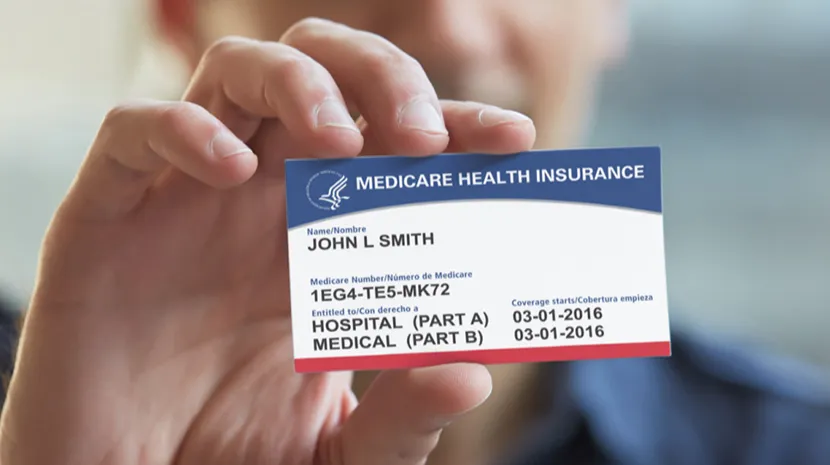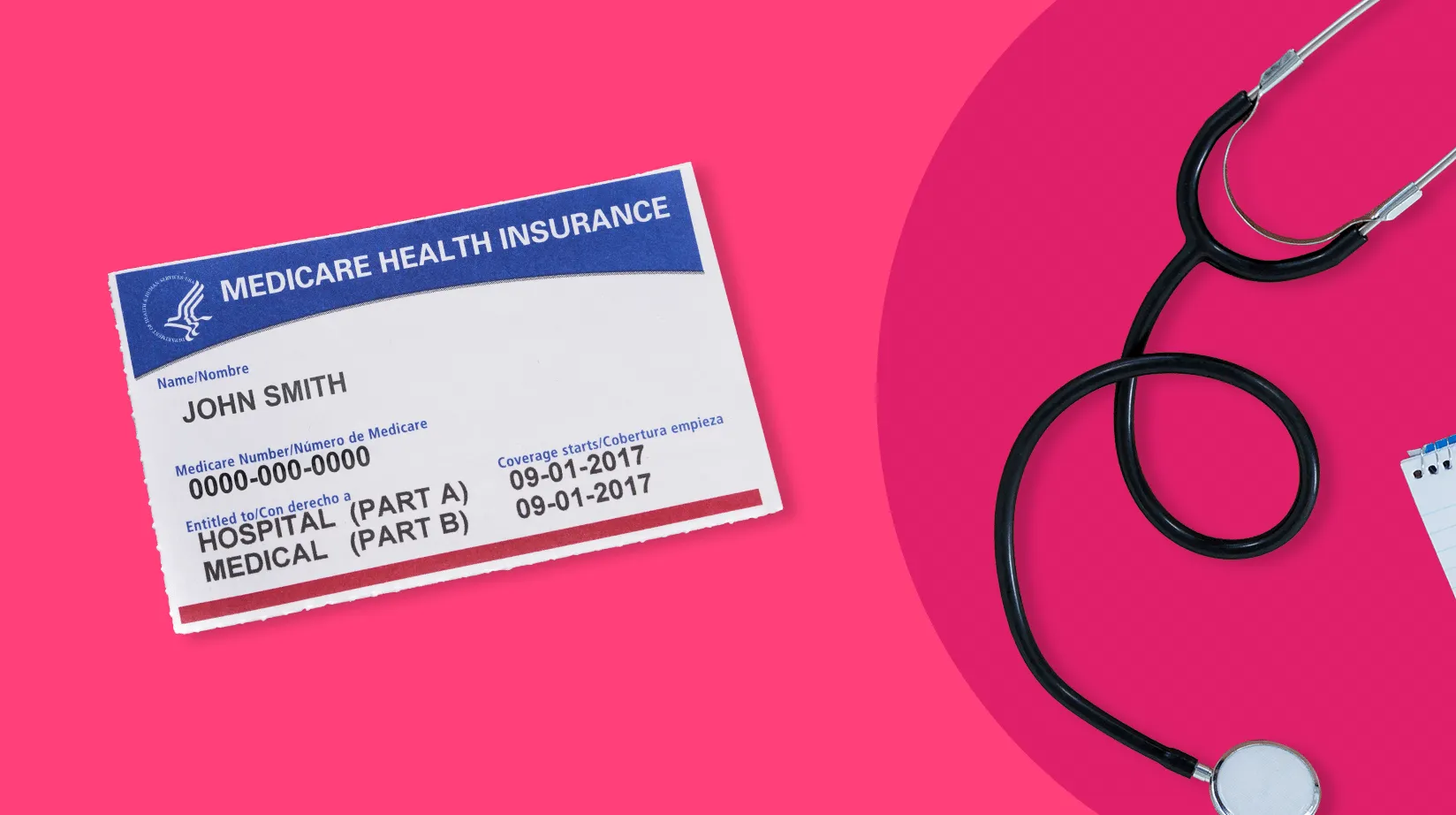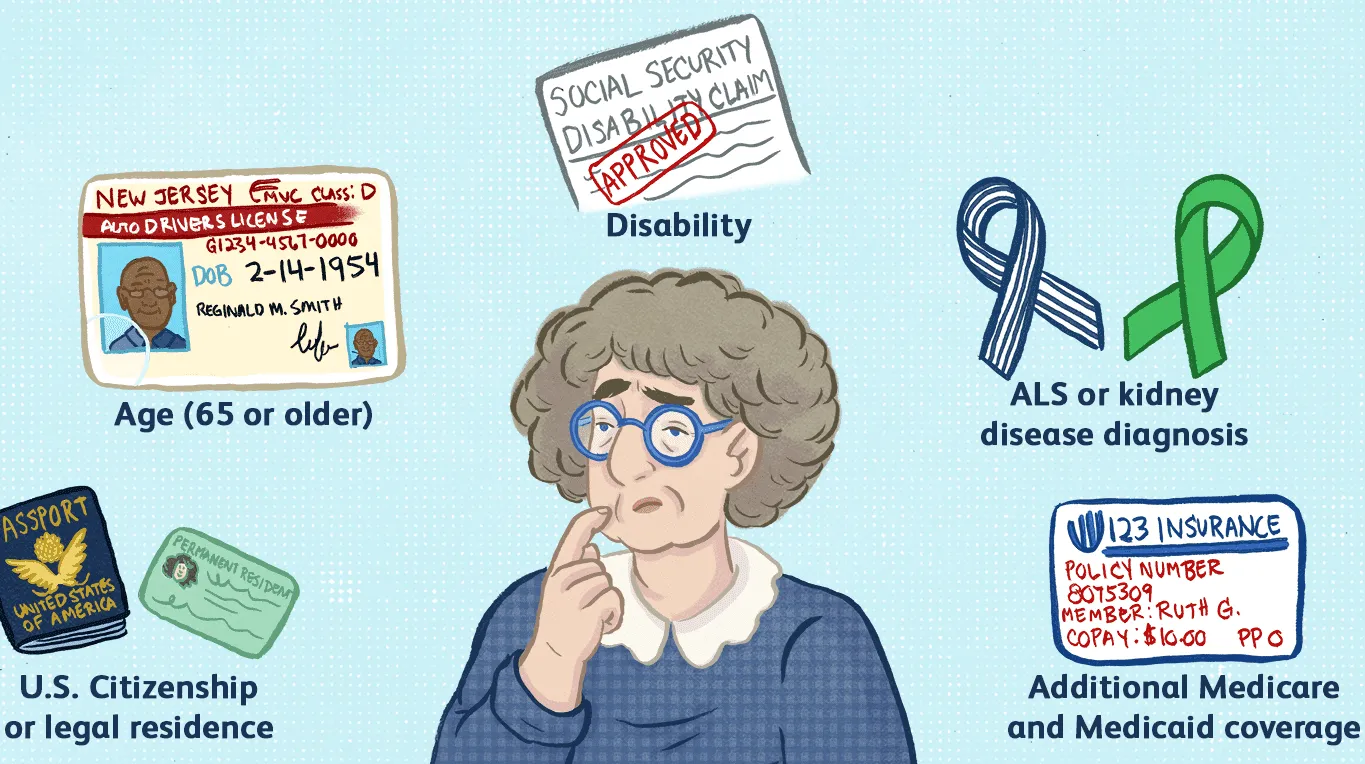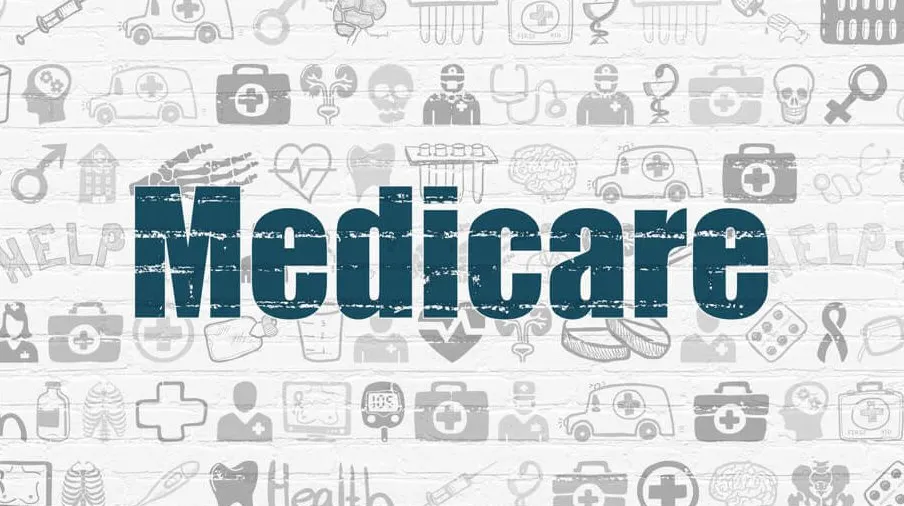
What is Medicare?
Medicare is a national health insurance program in the United States that is administered by the Centers for Medicare and Medicaid Services (CMS). It provides health insurance coverage to people who are 65 years of age or older, as well as to some younger people with disabilities or end-stage renal disease.
The Medicare program was established in 1965 as part of the Social Security Act, and it has since grown to become a crucial source of health insurance for millions of Americans. The program is funded by a combination of taxes and premiums paid by beneficiaries, and it provides a range of health care services, including hospitalization, medical and surgical care, and some preventive services.
There are four main parts to Medicare: Part A, which covers hospitalization; Part B, which covers medical and surgical services; Part C, also known as Medicare Advantage, which allows beneficiaries to receive their Medicare benefits through private health plans; and Part D, which covers prescription drugs.
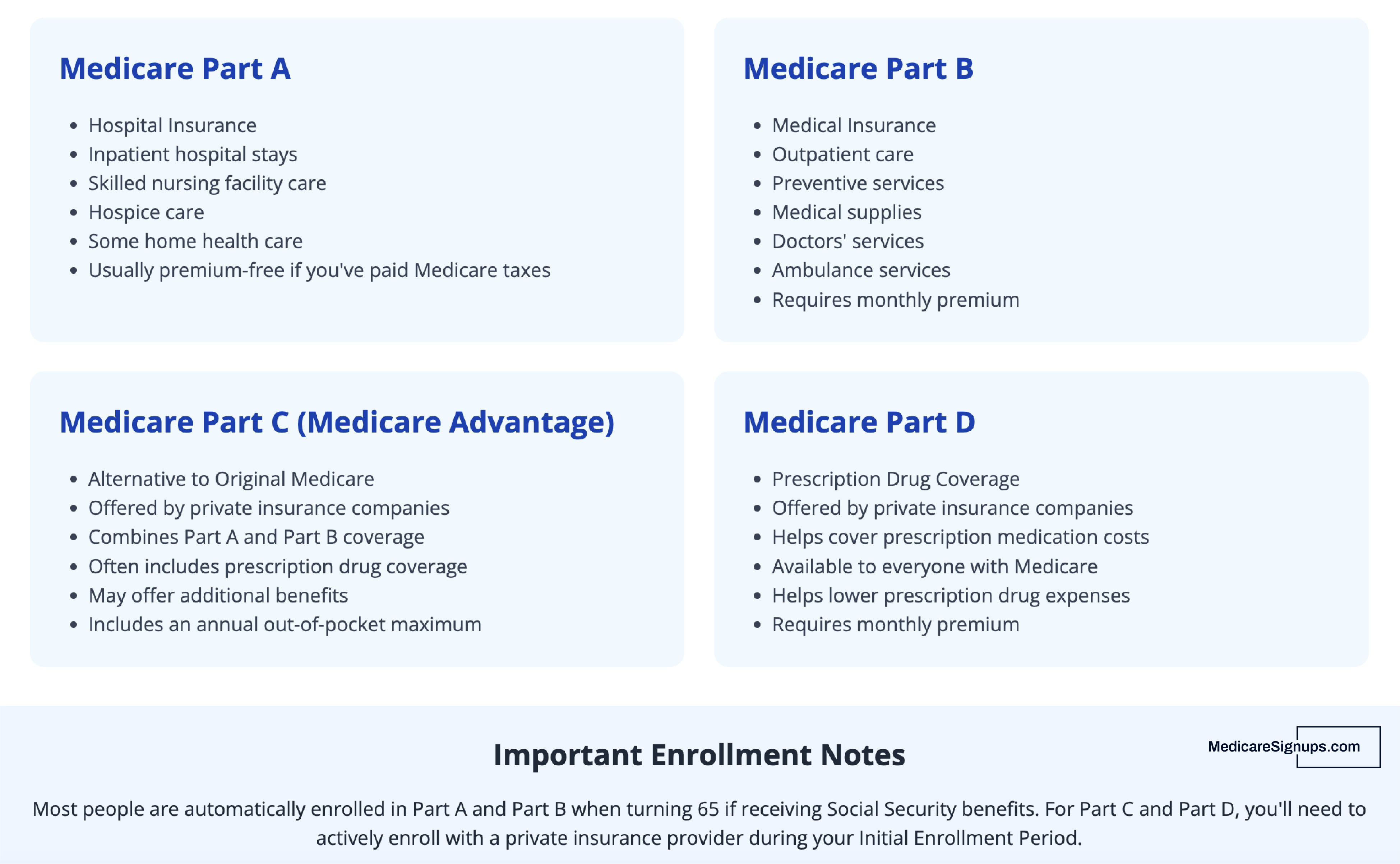
Beneficiaries can choose to enroll in Original Medicare, which is the traditional fee-for-service program administered by the federal government, or they can choose a Medicare Advantage plan, which is offered by private insurance companies. Medicare Advantage plans typically offer additional benefits, such as vision, hearing, and dental coverage, but they may also have higher out-of-pocket costs and more restrictive provider networks.
To be eligible for Medicare, a person must be a U.S. citizen or permanent resident who is 65 years of age or older, or they must be under 65 and have certain disabilities or end-stage renal disease. Most people who are eligible for Medicare are automatically enrolled in the program, but those who are not may need to apply for enrollment.
Medicare is a vital health insurance program in the United States that provides coverage to millions of Americans who are 65 years of age or older, as well as to some younger people with disabilities or end-stage renal disease. It offers a range of healthcare services, and beneficiaries can choose between Original Medicare and Medicare Advantage plans.

